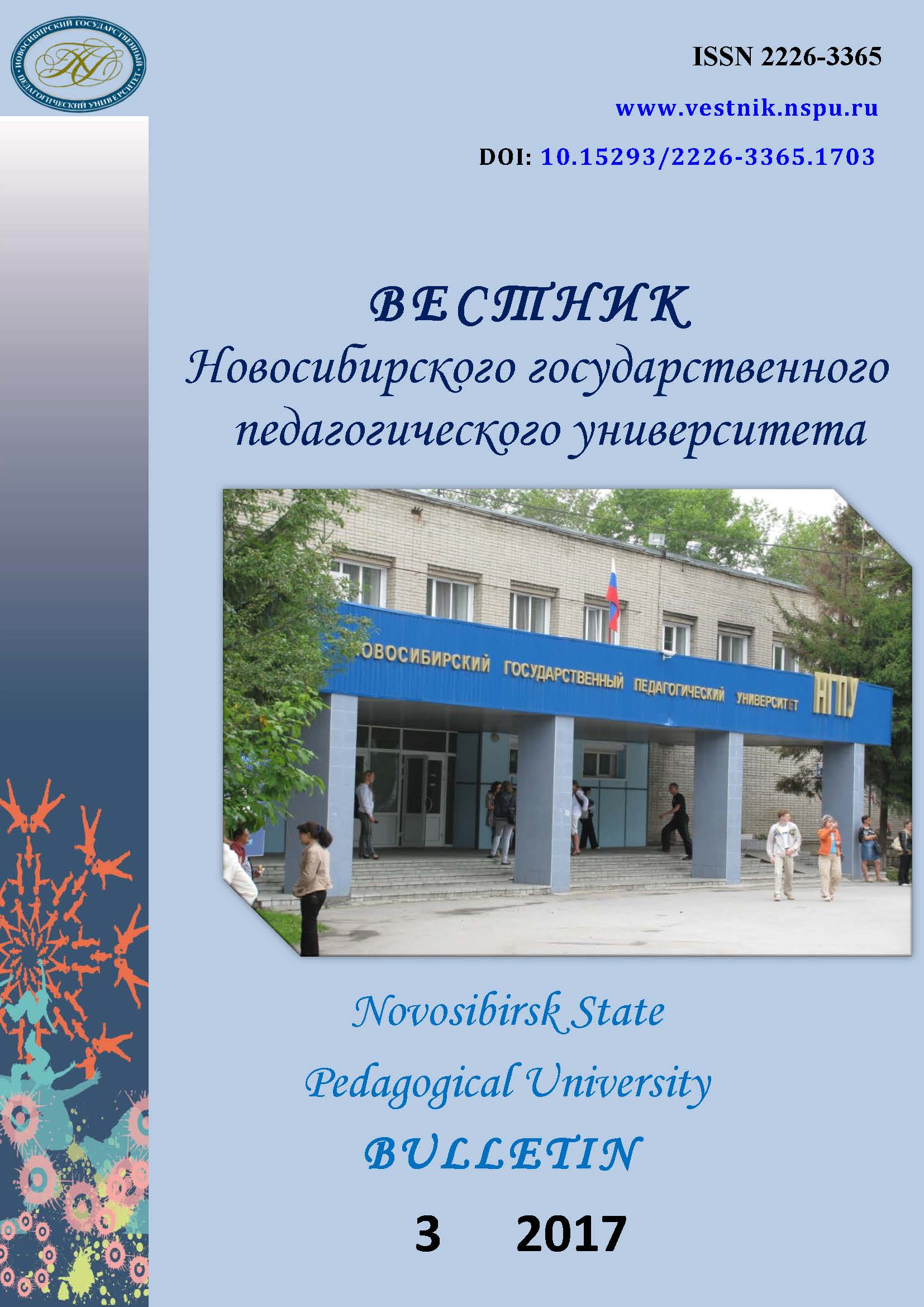О педагогике китайской гимнастики тайцзицюань
On the pedagogy of Taijiquan Chinese gymnastics
Author(s): Arina Viktorovna Murashova, Sergey Aleksandrovich Komissarov, Boris Olegovich MayerSubject(s): Social Philosophy, Sports Studies, Sociology of Education
Published by: Новосибирский государственный педагогический университет
Keywords: Taijiquan; Health-improving physical culture; Pedagogy; Teaching methods; Beijing University of Sports; Stages of teaching movements; Methods of sports training
Summary/Abstract: Introduction. Teaching Taijiquan involves traditional methods of Beijing University of Sports, which semantically differ from the European pedagogical tradition that distinguishes three stages of sport development: the preparatory, the main and the stage of improvement. In this regard, the purpose of this article is a comparative analysis of the methodology of teaching Taijiquan from Peking University of Sport and the approaches of European pedagogy to physical education and sports, as well as studying the possibility of adapting Chinese methods of teaching Taijiquan to European conditions, in general, and Russian, in particular. Materials and Methods. A comparative study of Taijiquan teaching methodology in the framework of the pedagogical model of Beijing University of Sports and the stages of training athletes accepted in Russian sports pedagogy. The Beijing model of teaching has been chosen as the main object for the analysis, since the official stage of development of Taijiquan from the second half of the 20th century is connected with the capital's university of Sports as the head university in China. Results. Specialists of the Beijing University of Sports have outlined three stages of exercises: teaching and studying of basic movements, separate training of movements of the complexes (Taolu) according the oral counting, fixation as well as quality and rhythm improvement of the movements of Taolu. These three stages by names and descriptions of the content part differ from the three stages adopted in the Russian pedagogy of sports: preparatory, basic and improvement. But despite the strong semantic differences of Beijing model compared to European (including Russian) pedagogical approaches, it could be interpreted in the same way as previous three ones (i.e. preparatory, basic, betterment). Conclusions. The results of the research make it possible to use in Taijiquan teaching in Russia a whole set of domestic sports training methods and enrich them with the best elements of Chinese techniques.
Journal: Вестник Новосибирского государственного педагогического университета
- Issue Year: 7/2017
- Issue No: 3
- Page Range: 7-18
- Page Count: 12
- Language: Russian

